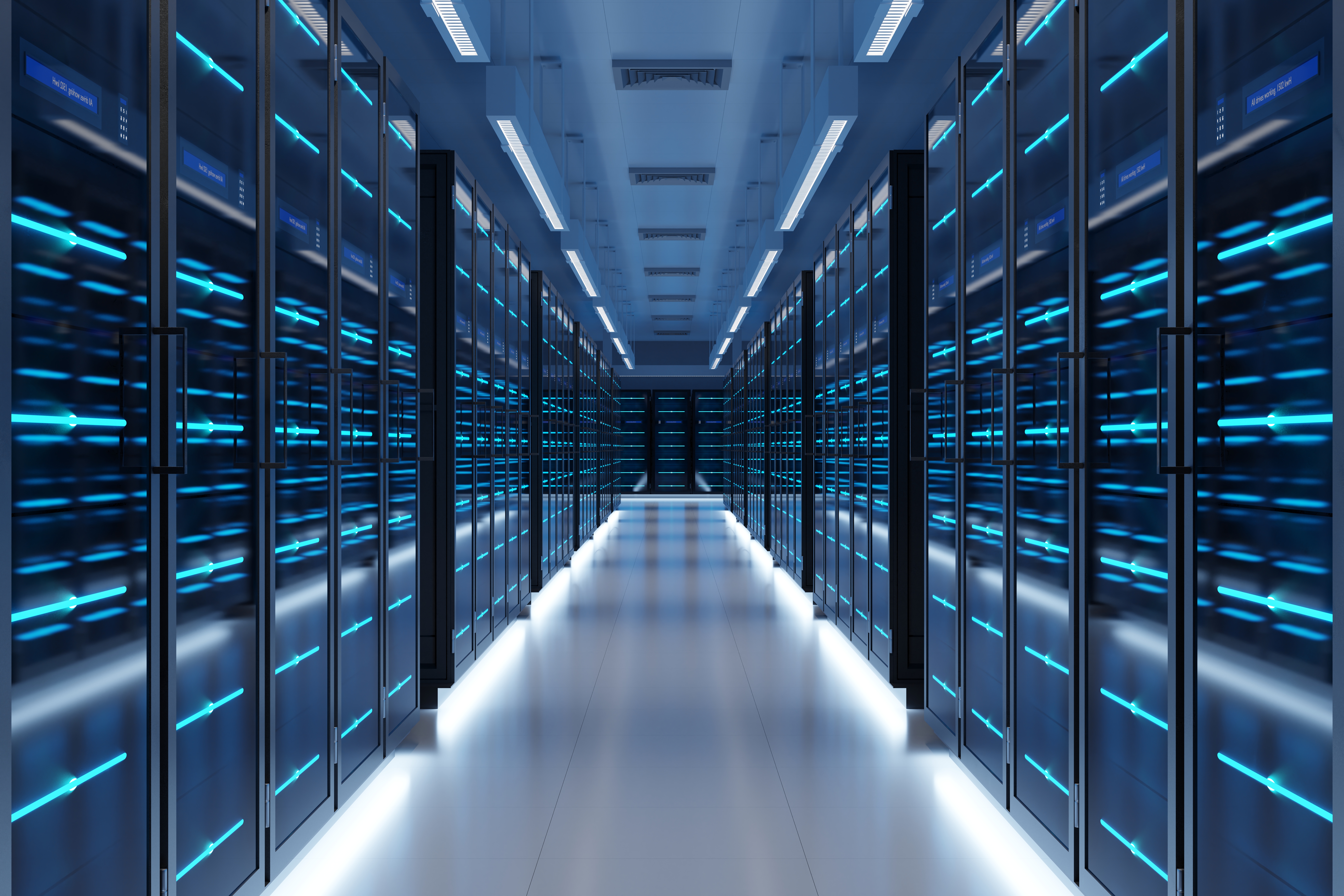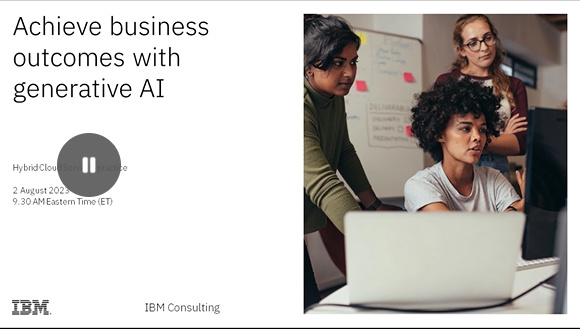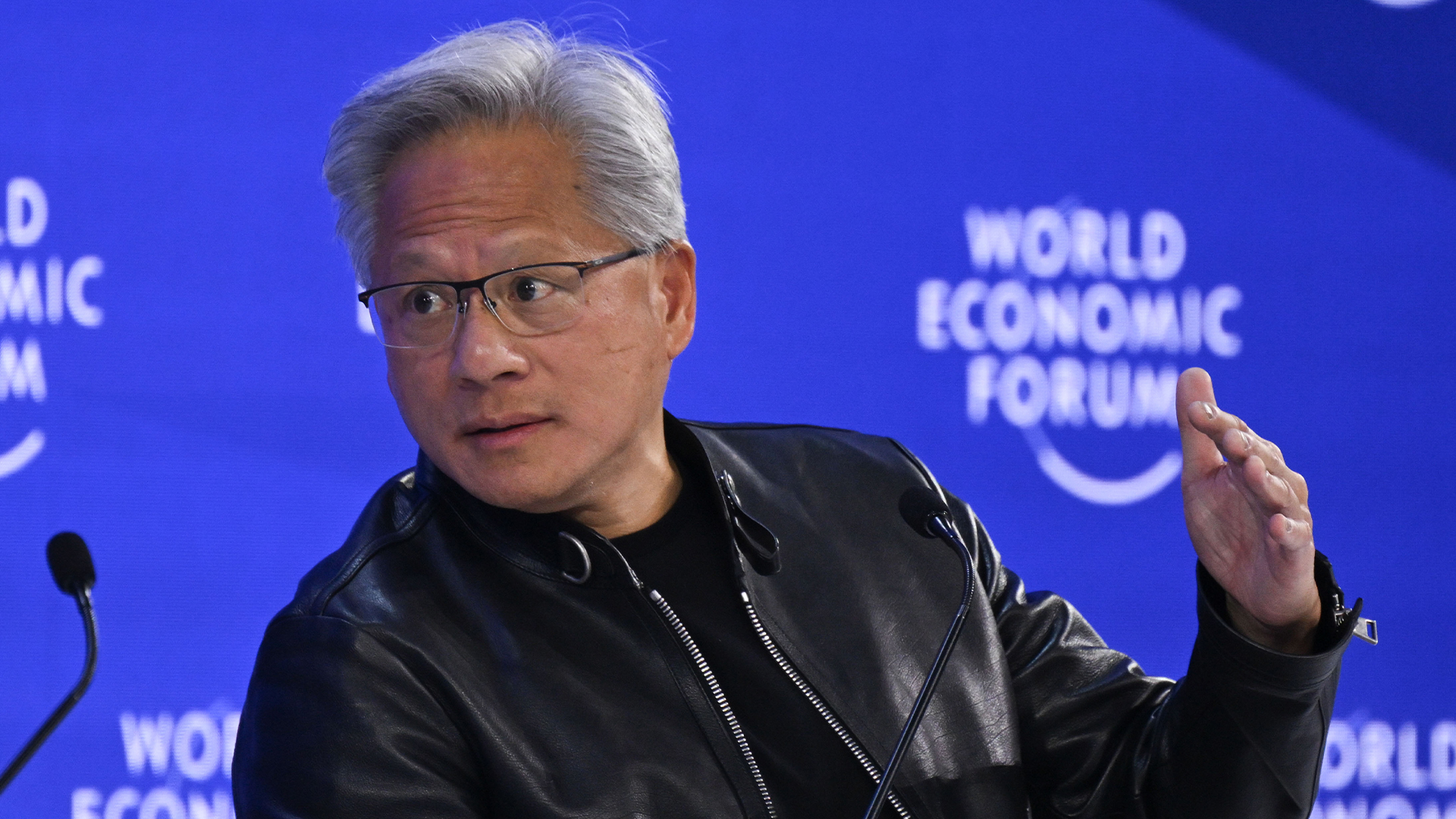Opera browser’s new AI cluster in Iceland, powered by 100% renewable energy, showcases another example of the shift to energy efficient data center ops
Nordic web browsing specialist Opera has announced plans to enhance its AI infrastructure by deploying an AI cluster at a green data center in Iceland

Opera has announced its plans to deploy a new AI cluster in Iceland that will be powered with 100% renewable energy.
The AI cluster is set to be deployed at a facility operated by Norwegian data center services company, atNorth, in Keflavik in February.
atNorth specializes in green data centers providing environmentally responsible data center hosting solutions.
The 4.5 hectare Keflavik facility, ICE02, which can support over 80 MW of available power, will rely on Iceland’s hydroelectric and geothermal energy generation capacity to execute operations with 100% renewable energy.

Opera’s AI data cluster consists of Nvidia’s turnkey data center solution, the DGX SuperPOD, featuring the latest Nvidia H100 Tensor Core GPUs and the company’s AI Enterprise software platform.
Opera said the full-stack data center solution will drive its AI workloads and will allow it to speed up AI training by four times, and provide inference speeds that are 30 times faster than previous generations of the H100 GPU.
“Organizations modernizing their business with AI require powerful infrastructure to develop large language models and enable generative AI applications,” said Carlo Ruiz, Nvidia’s EMEA director of AI Data Center Solutions and Operations.
Sign up today and you will receive a free copy of our Future Focus 2025 report - the leading guidance on AI, cybersecurity and other IT challenges as per 700+ senior executives
“NVIDIA DGX SuperPOD with NVIDIA H100 GPUs provides Opera with advanced AI supercomputing capabilities, helping developers create new features to bring generative AI experiences to users’ fingertips.”
Data centers around the world are getting greener
Green data centers are a growing trend in IT infrastructure as organizations rush to provide the latest AI functionalities while staying on track to meet sustainability goals.
Notoriously data hungry AI workloads make this a difficult balancing act, and so energy-efficient data centers that are still able to provide the required compute power while limiting environmental impact have become a key focus for many enterprises.

Iceland has become a key destination for a number of firms looking to decarbonise their data center infrastructure, with the nation’s sustainability credentials being well documented.
Iceland runs on nearly 100% renewable energy, and the island nation’s largest energy generator even provides guidance on how companies can set up sustainable data centers in the country on its website.
The push for sustainable data centers is global, however, with Microsoft signing a power purchase agreement (PPA) with Shizen Energy to guarantee the provision of renewable energy for its Japanese data centers in October 2023.
RELATED RESOURCE

Take your hybrid cloud journey to the next level with generative AI
Green Mountain, another Norwegian sustainable data center business, recently announced its plans to expand its data center footprint in London with a project to expand the capacity of its existing facilities in the city.
One of its data centers located in Romford is supported by renewable power and will feature a number of adaptations focused on sustainability.
For example, its backup generators will use HVO fuel instead of diesel, expected to reduce the facility's CO2 emissions by up to 90%, according to the firm.
London is also the setting for the UK’s first large-scale project to use waste heat generated by data centers to power households in the region.
The project, run by the Old Oak and Park Royal Development Corporation in a series of boroughs in West London and will serve 10,000 new homes, 250,000 m2 of commercial space, and a local hospital.

Solomon Klappholz is a former staff writer for ITPro and ChannelPro. He has experience writing about the technologies that facilitate industrial manufacturing, which led to him developing a particular interest in cybersecurity, IT regulation, industrial infrastructure applications, and machine learning.
-
 Jensen Huang says the traditional computing stack will never look the same because of AI
Jensen Huang says the traditional computing stack will never look the same because of AINews The Nvidia chief says new applications will be built “on top of ChatGPT” as the technology redefines software
-
 TP-Link promotes Kieran Vineer to distribution channel director for UK&I
TP-Link promotes Kieran Vineer to distribution channel director for UK&INews The company veteran will now oversee distribution activity for TP-Link’s networking and surveillance channels across the region